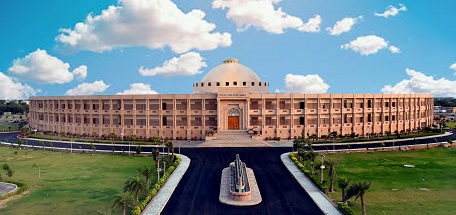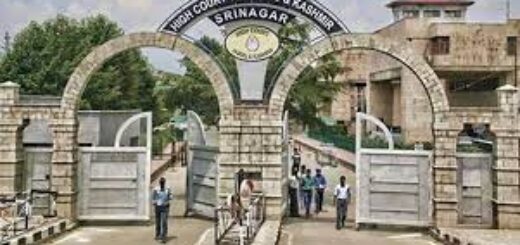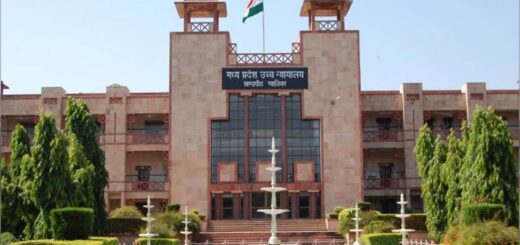The Rajasthan High Court has determined that the income tax return may be considered when assessing the loss of income for a deceased individual in motor accident cases.

The Rajasthan High Court has emphasized that the Income Tax Return, being a statutory document, must be taken into account when evaluating the income of a deceased individual in cases pertaining to the Motor Vehicles Act, 1988. The Jodhpur Bench of the High Court was reviewing an appeal filed by the appellant-claimants under Section 173 of the Motor Vehicles Act, 1988, challenging the judgment and award issued by the Motor Accident Claims Tribunal. The Tribunal had partially granted the claim petition submitted by the appellant/claimants under Section 166 of the MV Act, awarding compensation of Rs 8,30,000 along with interest at a rate of 6%. Justice Nupur Bhati, presiding over the Single-Judge Bench, stated, “This Court is thus of the considered view that the learned Tribunal has erred in not taking into consideration the ITR for the A.Y. 1999-2000 for the purpose of assessing the salary of the deceased.”
The case involved Rajesh Kumar, who was employed as a Deputy Manager at Vikramnagar Post, Grasim Industries. He was struck by a truck, resulting in injuries that ultimately led to his death. His legal representatives submitted a claim under Section 166 of the MV Act to the Tribunal, seeking compensation amounting to Rs. 78,16,000. The Tribunal partially granted the claim, awarding Rs 8.3 lakh as compensation, while noting that the accident was caused by the reckless and negligent driving of the vehicle’s operator. Dissatisfied with this outcome, the appellant-claimants filed an appeal.
The claimants argued that the Tribunal made a mistake by considering the deceased’s income as Rs. 8,565 per month, without accounting for additional allowances like conveyance, education, soft furnishings, newspapers, uniforms, medical expenses, and jeep costs. They also referenced the Income Tax Returns (ITR) submitted by the claimants for the 1999-2000 assessment year. Furthermore, the claimants pointed out that the Tribunal failed to consider the salary certificate signed by the Assistant Vice President (P&A) of Vikram Cements, which stated the deceased’s total salary as Rs. 1,97,272.00 per year.
A key issue for the Bench was whether to prioritize the ITR or the Salary Certificate when determining the deceased’s lost income. The Bench noted that the ITR for the 1999-2000 assessment year is an official document filed by the deceased, showing an income of Rs. 1,22,953, not accounting for the Rs. 21,000 standard deduction allowed under Section 16(i) of the Income Tax Act, 1961. The salary certificate, provided by the Assistant Vice President (P&A) of Vikram Cement, was also signed. The ITR followed the format required by the Income Tax Act, while the Salary Certificate was issued by the Assistant Vice President (P&A) of Vikram Cement.
The Court has determined that the Income Tax Return (Ex.26), a legal document, must be taken into account when assessing the income of the deceased, which includes benefits and allowances, based on the ruling from the Supreme Court in the case of Meenakshi v. Oriental Insurance Co. Ltd.: Civil Appeal No.8473 of 2024. Therefore, the High Court considered the deceased’s income as stated in the ITR (Ex.26) to be Rs.1,22,953 after tax deductions, as it was a valid and trustworthy piece of evidence provided by the claimants. Using a multiplier of 17 to calculate the loss of the deceased’s income, the Court increased the compensation for future expenses, loss of consortium, and funeral costs. Consequently, the appeal was partly granted, and the compensation was raised by Rs.15,87,341 plus interest.
Cause Title: Sudha, w/o late Rajesh Kumar Ajmera vs. Prakash Chandra [Neutral Citation: 2024:RJ-JD:42872]
Appearance:
Appellants: Senior Advocate Ravi Bhansali, Advocates Shubham Modi, Rohin Bhansali, Udit Mathur & Mohd. Amaan
Respondent: Advocate Jagdish Vyas









